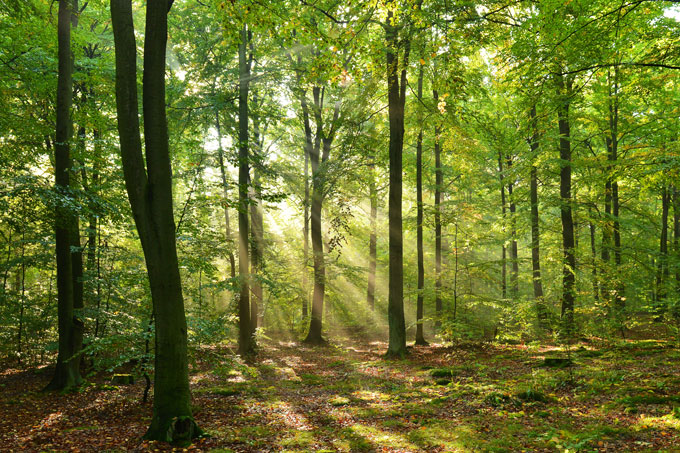Dr Stephen Scoffham argues that the destruction of natural habitats is undermining the buffer between humans and disease.
In recent months a vast amount of media time and effort has been devoted to exploring how best to combat Covid-19 but much less attention has been given to the lessons we can learn from it. Saving lives and preventing the spread of infection is of course the number one priority at the moment but, as we move into a new phase of the pandemic, perhaps it is time to start reflecting on what we can learn from it.
One immediate response has been to search for someone or something to blame. With the virus first identified in China and associated with wet markets, there have been dark suggestions that the pandemic was China’s fault and conspiracy theorists have even claimed it may have been started deliberately. President Trump has inflamed international tension in his characteristic manner by labelling COVID-19 the ‘Wuhan Disease’. Lurking behind this rhetoric is the hint that in due course the Chinese will be called to account for the damage they have inflicted on the rest of the world and there is a danger that the pandemic will be harnessed in support of an emerging American-Chinese cold war.
With respect to Covid-19, as with other recent pandemics, it is the erosion of the natural environment rather than an individual nation or the behaviour of a group of people which seems to be the underlying cause.
There is disturbing evidence that the catastrophic collapse of wildlife (60% of all wildlife has been lost in the last 50 years according to the WWF) is destabilizing natural systems and triggering domino effects. At the same time, deforestation and habitat destruction is concentrating diseases in smaller and smaller areas. Covid-19 shows how altering nature too much, or in the wrong way, can have devastating human consequences.
The links between human activity and Covid-19 shifts attention away from micro-biology towards modern life styles and patterns of behaviour. Writing for the World Economic Forum website (April 14, 2020) Marie Quinney points out that pandemics are often the hidden side of economic development. In Amazonia and other equatorial regions, for example, deforested land creates an ideal habitat for infected mosquitoes. Similarly, recent research suggests that Ebola took hold in Africa as deforestation brought humans came into contact with previously untouched animals. Although the exact cause of Covid-19 has yet to be established, if it is rooted in the way people relate to nature then, she argues, this should also be the focus for any recovery.
Coming to terms with Covid-19 will require a dispassionate analysis of what went wrong, strong leadership and action from both business and civic society to forge new, nature-positive policies. However, the way that the global community has responded to Covid-19 so far does not inspire confidence. Rather than working together, many nations have ended up going it alone. International co-operation will be at a premium if we are to find a better balance between people and nature in the years ahead. And education and universities will have an important part to play in this process as we strive both individually and collectively to steer our way through complex and often contradictory situations.
Dr Stephen Scoffham is a Visiting Reader in Sustainability and Education and was President of the Geographical Association (2018-19).
 Expert comment
Expert comment Jeanette Earl
Jeanette Earl 1026
1026


